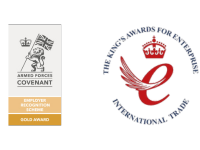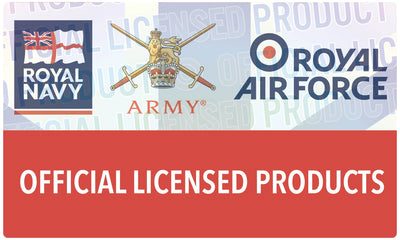Product Guides & Reviews
Camping tips for beginners
Camping can be a great vacation for all the family and has the added advantage of being ideal for those who are on a low budget. Once you have purchased all the equipment you need it will last for years if you take good care of it. Here are a few things that you will definitely need.
5 Top Hiking and Walking Tips for Beginners

If you are new to hiking, follow our 5 top tips to ensure that you get off to a good start. Some are common sense, but others may not occur to you until you find yourself in the middle of a hiking trail, wishing you had spent more time on your preparations.
1 - Assess Your Physical Condition - The first thing you should do is assess your physical condition so that you can pick a hiking trail that is well within your capabilities. Once you have completed a few trails, you can think about tackling more advanced routes, but it is better to start off with a trail that does not overtax you physically.
2 - Acquire the Necessary Equipment - If you are going to be hiking in the wilderness, you will need to go well equipped. A good pair of walking boots and some quality walking socks are essential, along with water bottles to take care of hydration. You should also take along some energy bars to keep up your strength when attempting longer hikes. If you would prefer not to carry loose water bottles, you can invest in equipment, such as Camelbak hydration packs, which are backpacks with an integral reservoir in which clean drinking water can be stored.
3 - Obtain a Trail Map and Study it Carefully - Before you set off on your first hike, obtain a map of the trail you are planning to follow and study it carefully. Look out for any points along the way where paths cross each other so that you can make sure you do not head off in the wrong direction and get lost. You may also like to mark the location of promising-looking spots where you can stop and have a bite to eat, such as by a river or lake.
4 - Get Your Equipment Ready - The day before you go on your first hike, gather all your equipment together to make sure that you have everything you need. If you bought yourself a Camelbak hydration pack, you can either fill it the night before or in the morning before you set off. The reservoirs are designed to ensure that the water inside them stays fresh so it is perfectly safe to fill them in advance. Place your walking boots and walking socks together with the rest of your gear so you do not forget to put them on before you leave.
5 - Check Online Weather Reports - Adverse weather conditions can cause serious problems, even for experienced hikers, so it is important to check the local weather reports before you set off on your first hike. If high winds or heavy rain are forecast, it may be best to postpone your trip until another day.
Wherever you decide to go for your first hike, we hope that you have a great time and enjoy many more trips in the future!




